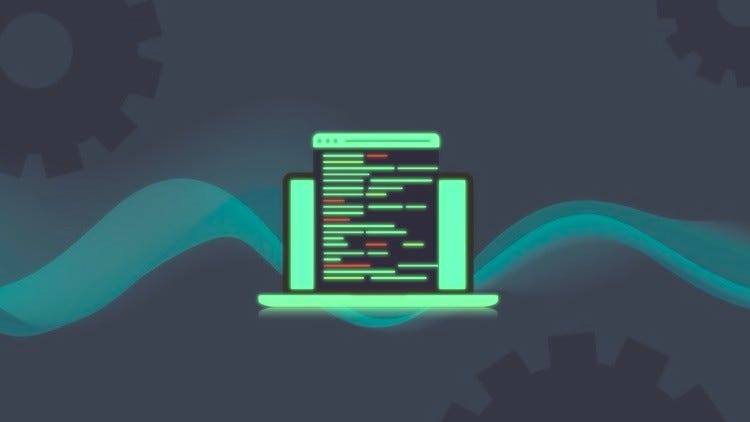What the Supreme Court Opinion in Van Buren Means for Web Scraping
Since the early 2000s, the most important federal law governing web scraping in the United States has been the Computer Fraud and Abuse Act (“CFAA”). For host websites that wanted to stop scraping, the CFAA has been the go-to legal remedy to threaten web scrapers.
For the first time since the law was enacted in 1984, on June 3, 2021, the Supreme Court decided a case involving the CFAA, Van Buren v. United States.
Nathan Van Buren, a former police sergeant, ran a license-plate search in a law enforcement computer database in exchange for money. Van Buren’s conduct plainly flouted his department’s policy, which authorized him to obtain database information only for law enforcement purposes. We must decide whether Van Buren also violated the Computer Fraud and Abuse Act of 1986 (CFAA), which makes it illegal “to access a computer with authorization and to use such access to obtain or alter information in the computer that the accesser is not entitled so to obtain or alter.”
Obviously, this case doesn’t have anything to do with web scraping, at least not literally. But where it does impact web scraping is that the CFAA has often been used to litigate against web scrapers who purportedly “exceed authorized access” by scraping a website where the host website didn’t want them to scrape.
















